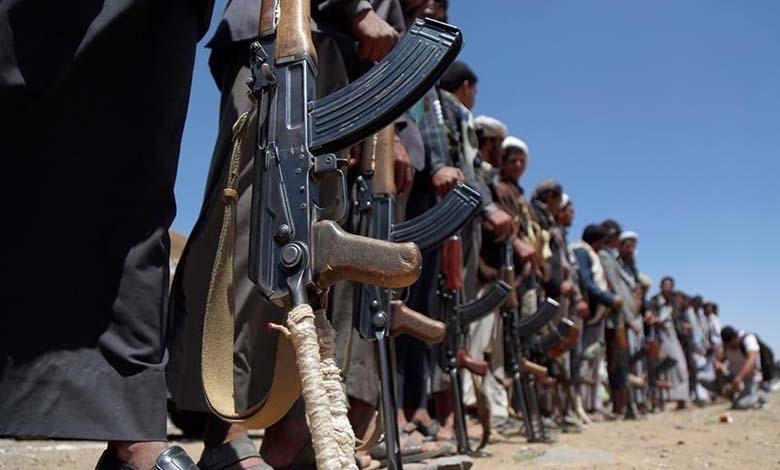Peace in Yemen: Between the depths of political settlement and military seizure

The legitimate political leadership in Yemen held several separate meetings on Thursday with UN officials, ambassadors, and envoys from major countries around the world to discuss the latest developments and updates on the Yemeni scene.
One of those meetings brought together Brigadier General Tareq Saleh, a member of the Presidential Council, and the Acting Ambassador of Russia to Yemen, Yevgeny Kordov.
In this context, the Yemeni side noted the “importance of Russia’s role as a permanent member of the UN Security Council in supporting and meeting the requirements for achieving a just, comprehensive, and sustainable peace in Yemen.“
Saleh highlighted the requirements for a comprehensive and just peace, “supporting the Yemeni people’s resort to the constitution, turning to the ballot boxes, and having the freedom to choose who they see fit to govern them.”
On his part, the Russian official, Kordov, affirmed his country’s support for the efforts of the Presidential Council in Yemen, with the aim of resolving the crisis and achieving peace in the country, according to a statement he published through his official account on the “X” platform.
Similarly, the remaining diplomatic meetings focused on discussing the political settlement between the two parties (the legitimate government and the Houthi rebels) and the stage the negotiations have reached on this aspect.
In the context of talking and deliberating on solutions to achieve comprehensive peace in Yemen through a political settlement, Major General Mohsen Al-Daeri, Yemen‘s Minister of Defense, emphasized the impossibility of reaching a political settlement with the Houthi militias.
Al-Daeri made this statement during a speech he delivered today, Thursday, in the company of Major General Hussein Al-Harbi, the commander of the Arab coalition forces in Aden, at a military parade for members of Batch 52 at the War College in the temporary capital of Aden.
Al-Daeri said, “The Houthi militias claim a divine right to rule and do not recognize the other; therefore, it is impossible to reach a settlement with them, no matter how much effort and peace efforts are made.”
In translation of Al-Daeri’s statement, military and political observers in Yemen believe that it indicates that “achieving peace in the country can only be done by eliminating the Houthi militias militarily on the battlefield.”
The political and strategic military expert Ali al-Zahab adds that, from his military position, the Minister of Defense is required to make this statement from the perspective of highlighting strength and indicating that achieving the political goal will only happen through a military solution.
Al-Zahab told “Erem News,” “On the other hand, political officials speak diplomatically from the perspective of their positions and roles. This does not prevent them, at times, from hinting at the option of using force.”
As for the most appropriate solution to end the conflict in Yemen, Al-Zahab says, “There is no suitable solution, whether it is through war or peace,” pointing out that “what is available today may be different tomorrow, and therefore, the military decision is imposed by emerging positions. Similarly, the political decision is stripped of emerging positions.”
Al-Zahab mentioned that “the situation in the country witnesses a state of dramatic change and a fluctuating transformation that is surprising,” noting that “the Houthis will not rest or adhere to peace at all, as they have a sectarian project, are linked to the implementation of foreign agendas, and thus, each party has its military tools to achieve its goals.”
In turn, the military affairs expert, Brigadier Thabet Hussein, believes that “the Houthis will not lean towards peace and will not accept any solutions that require a just and comprehensive political path,” adding that “I believe that the military solution, and its hint by the Minister of Defense, is the closest to reality,” noting that “the political solution is desirable, but it is not possible in light of the Houthi’s intransigence.”
Hussein pointed out that “the military solution remains a difficult option, given the lack of legitimacy’s ability for 9 years to make any strategic military breakthrough in the north and liberate it from the Houthi forces. However, it remains a necessity that requires the coalition and legitimacy to look at its mechanisms and tools in the war against the Houthi rebels.”
Between achieving peace and ending the war, whether through a political settlement or through military seizure, Yemen continues to suffer the flames of war, with the people of Yemen enduring hardships and suffering in terms of services, economy, food security, health, education, and displacement.












